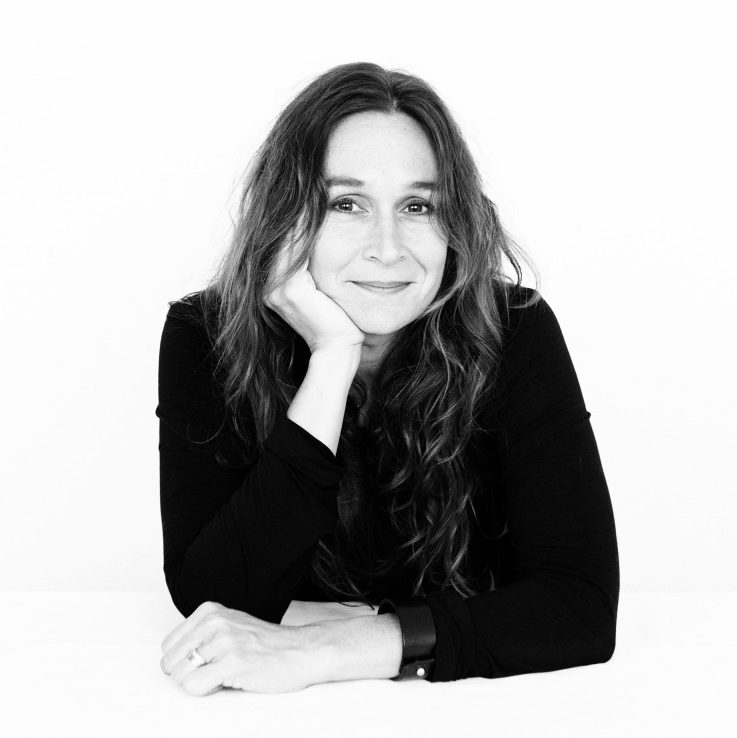SARAH VEST – STAFF WRITER

Setting, as a narrative element, is defined as the location and time frame in which the action of a narrative takes place. Susannah Felts, Week Six’s prose writer-in-residence, challenges the conventional idea about setting, and even argues that place and setting are two distinct ideas. She will be giving a Brown Bag lecture at 12:15 p.m. EDT Friday, Aug. 6 on the CHQ Assembly Virtual Porch.
“It took me a while to figure out and to understand that (place) was so central to my interests and my curiosity as a writer,” Felts said. “After years go by, you sort of can’t ignore the fact of your own obsessions.”
Felts was born and raised in the South and has “ambivalent feelings” about the region and its legacy. She finds herself returning to the southern backdrop because it is such a “charged” place and she feels that there is a lot to talk about there.
Felts is the co-founder and co-director of The Porch, a literary arts organization based in Nashville, Tennessee. Her essays and fiction have appeared in publications such as The Best American Science and Nature Writing 2018, Guernica, Catapult, Literary Hub, Vol. 1 Brooklyn, Longreads, storySouth and Oxford American. She has been awarded the Tennessee Arts Commission’s Individual Artist Fellowship in Fiction and the Tennessee Williams Scholarship to the Sewanee Writers’ Conference, as well as residencies at the Ragdale Foundation, the Virginia Center for the Creative Arts and the Hambidge Center for Creative Arts and Sciences. Her first book is This Will Go Down on Your Permanent Record.
According to Felts, there are many parts of a story that you can get to by starting with place. She thinks that all craft elements bleed into one another in some way. If a writer were to start with place, it would lead them to “character, … tension and conflict.”
Felts hopes to spend time differentiating between the idea of sense of place and the idea of setting. She said that this is because at one point she conflated the two disparate ideas in her mind and that other people do as well. To her, place is “broader” than the borders set by the definition of setting.
This doesn’t mean that setting no longer has value, only that a writer should be thinking about a sense of place when they are developing setting. According to Felts, there’s “more to it than just setting.”
Felts hopes that people walk away with a “deeper curiosity and engagement with their own surroundings.” She is also excited to introduce Chautauquans to some writers associated with the South who also deal with the idea of place, like novelist, essayist and environmentalist Wendell Berry and poet Tiana Clark.
“We find ourselves in so many different surroundings over the course of our lives; perhaps we can engage with those places and everything about them, the people, the history, the complex, more deeply, if we think about some of these things,” Felts said. “Whether or not the folks who are listening to this lecture even write about place and their lives, I hope that they will think more deeply and feel deeply about their interactions and sort of engagements with the places that they find themselves over time.”




